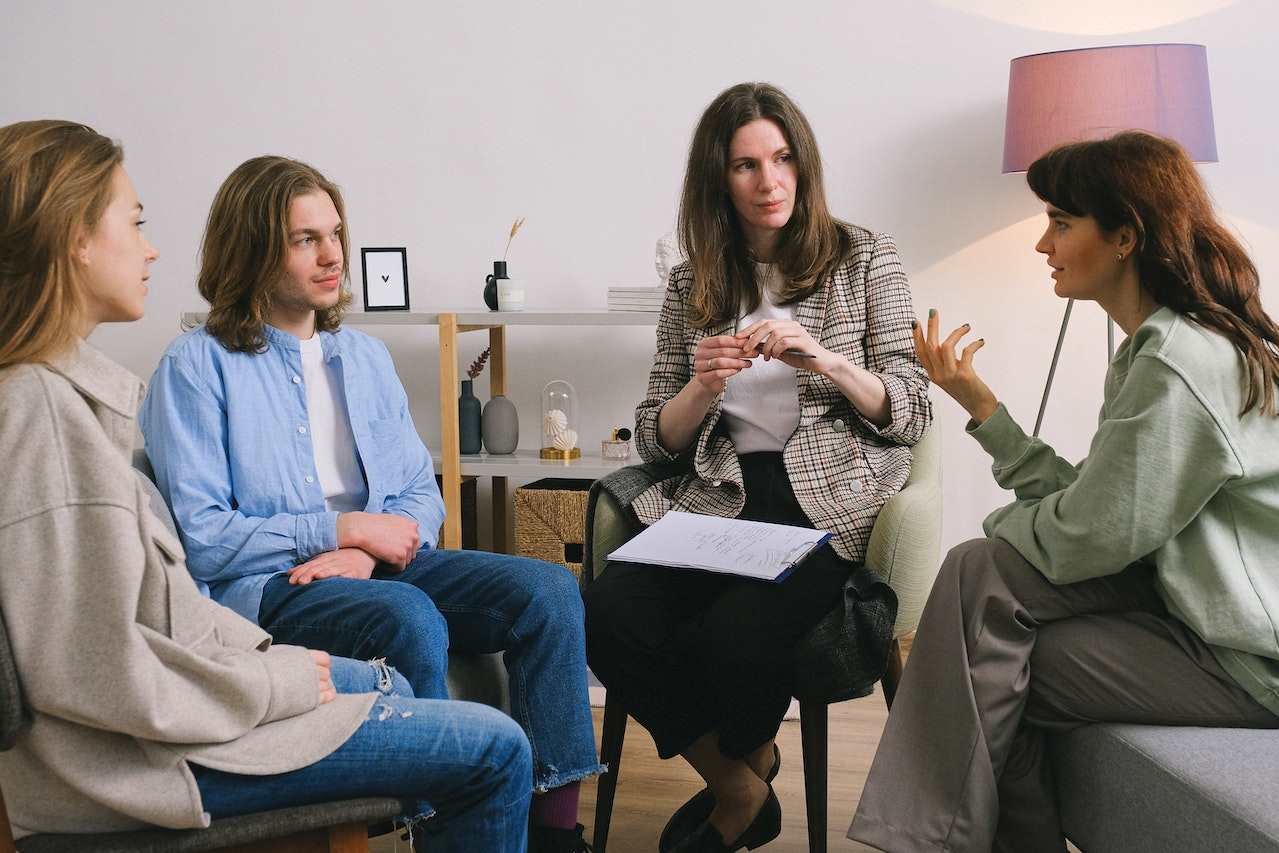Intensive Outpatient Program (IOP) offers therapy, counseling, and medication management for various mental health conditions.
IOPs (Intensive Outpatient Programs) are an important tool for outpatient mental health service providers. IOPs provide more extensive and structured care than typical outpatient therapy and can be a less expensive option to inpatient care. Here are some of the various treatments and therapies that may be available in an IOP, along with their benefits:
- Cognitive Behavioral Therapy (CBT): CBT is a type of therapy that concentrates on altering negative thought patterns and behaviors. It is frequently used to treat anxiety, depression, and substance addiction.
- Dialectical Behavioral Therapy (DBT): is a form of therapy that combines cognitive-behavioral techniques with acceptance-based strategies and mindfulness-based techniques. It is frequently employed for the treatment of borderline personality disorder, dietary disorders, and substance abuse.
- Group therapy is a form of psychotherapy in which multiple patients collaborate with one or more therapists. It provides patients with a supportive community and facilitates the development of social skills.
- Family therapy is a form of therapy in which the patient and their family members are involved. It is frequently used to treat family conflicts, communication difficulties, and mental health disorders that have an effect on the family.
- Medication management entails the use of medication to treat mental health conditions. A psychiatrist or nurse practitioner may offer medication management services to patients in an IOP.
- Mindfulness-Based Therapy: Mindfulness-based therapy employs mindfulness practices, such as meditation and breathing exercises, to assist patients in managing mental health symptoms.


The following are the advantages of an IOP for an outpatient mental health services business:
- It provides an outpatient therapy that is more comprehensive than typical outpatient therapy.
- Allowing patients to attend therapy sessions while still carrying out their everyday responsibilities.
- Managing various mental health and substance abuse difficulties at the same time.
- Through group therapy, patients might find a supportive community.
- Patients can obtain necessary treatment without disrupting their everyday lives, allowing for continuity of care.
Overall, IOPs are a beneficial tool for outpatient mental health treatments. An IOP can provide more complete care for patients and lead to better outcomes by offering a variety of treatments and therapies.
| Factor | Intensive Outpatient Program (IOP) | Partial Hospitalization Program (PHP) |
|---|---|---|
| Level of Care | Less intensive than PHP but more than traditional outpatient therapy | More intensive than IOP but less than inpatient treatment |
| Length of Treatment | Typically several hours per week for 6-8 weeks | Typically several hours per day for 1-2 weeks |
| Frequency of Sessions | Usually 3-5 days a week, with sessions lasting 2-3 hours | Usually 5-7 days a week, with sessions lasting 6-8 hours |
| Types of Therapies Offered | Group therapy, individual therapy, medication management, CBT, DBT, and family therapy | Same as IOP, with additional therapies such as art therapy and music therapy |
| Patient Independence | Patients can still live at home and maintain some level of independence | Patients may need to stay at a treatment facility or nearby housing during the program |
| Cost | Typically less expensive than PHP | Typically more expensive than IOP |
NOTE: If you or someone you know is experiencing a mental health crisis, please don’t use our services; rather, call 911 or 988 or visit your local emergency room for help. For a list of other resources, click here. For information on Suicide & Crisis Lifeline, click here.

